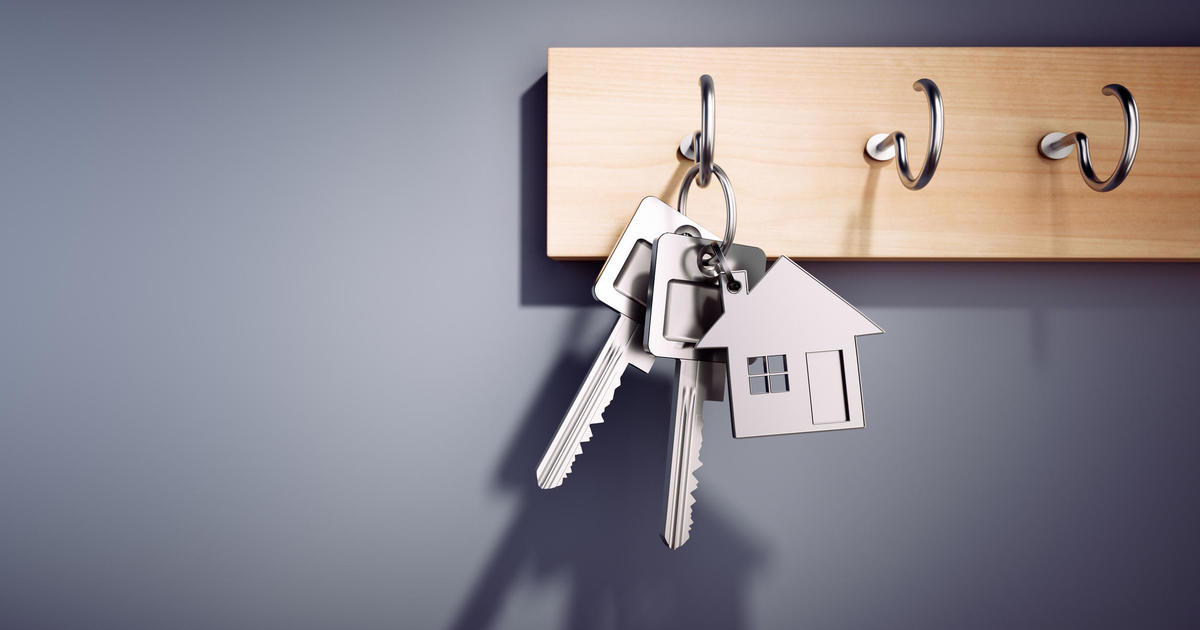Chicago becomes first city to collect "Netflix tax"
- Chicago has collected $2 million in tax from Sony, Eventbrite and Fandango, becoming the first large city to successfully tax digital streaming and service providers, Bloomberg reports.
- The four-year-old levy, dubbed the "Netflix tax," still faces a lawsuit from a group representing Netflix, Amazon Prime and Spotify customers.
- Other cities and states are considering taxing digital services, as more and more shopping moves online.
Four years ago, Chicago imposed a 9% tax on streaming entertainment services, leading to a flurry of lawsuits. Now, the city has collected $2 million in sales tax from Sony and two online ticketing services, making it the first major city to collect such a tax successfully, Bloomberg reported.
The city collected $1.2 million from Sony in January, on services including PlayStation Video live events and purchases of music and video, according to Bloomberg. It also collected nearly $800,000 from Eventbrite and $70,000 from Fandango, the outlet said. The levy has been dubbed the "Netflix tax" because it targets streaming video services in addition to gaming and other digital entertainment.
Sony didn't immediately reply to requests for comment from CBS News. The company, which is headquartered in Tokyo, had previously argued it didn't have a physical presence in Chicago, according to Bloomberg.
While Chicago seems to be the first city to successfully tax streaming services, it probably won't be the last. Rhode Island's governor proposed a budget this year that includes new sales taxes on digital videos, books and music. Pennsylvania enacted a similar tax in 2016 and is set to start enforcing it this summer.
"Cities and states are beginning to experiment with this," Mark Mazur, director of the Urban-Brookings Tax Policy Center, told CBS News. "People are buying more and more services and less goods, so the sales tax pace is getting reduced, and you end up trying to find ways to raise revenue from services," he said.
Last year's Supreme Court decision allowing states to collect sales tax from all online purchases by their residents is likely to increase such efforts. As economic activity increasingly shifts online, digital taxes could provide a sizable revenue source for states and cities, Mazur said. The potential downside for consumers is that companies could raise prices in response.
Chicago's expanded digital entertainment and services tax could raise up to $12 million per year, according to estimates issued at the time it passed in 2015. A lawsuit filed by a libertarian group on behalf of Netflix, Spotify and Amazon Prime customers is currently in the appeal stage.



